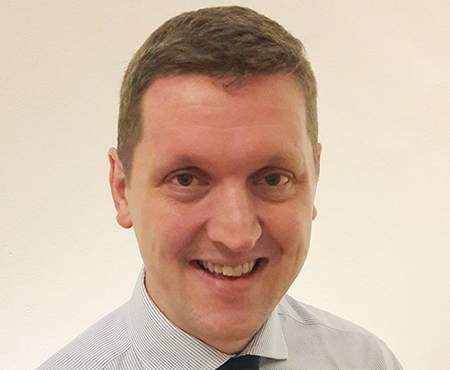
Mr Iain Walker – British High Commissioner to Ghana
Mr Iain Walker, the British High Commissioner to Ghana, has asked school children to concentrate on their studies, saying quality education with the right attitude towards learning was more important than anything else.
With quality education, he said, they would be enable to unlock their potentials and achieve their dreams.
The British High Commissioner said this when he interacted with school children and staff of Afrikids Ghana, a Child welfare NGO, at its head office at Pusu-Namongo in the Talensi District of the Upper East Region.
Mr Walker is in the Upper East Region with his cycling team to ride bicycles from Paga in the Upper East Region to Accra, the nation’s capital.
The decision to ride the over 800 kilometres journey, he said was to raise funds to support the Burns and Plastics Unit of the Korle-Bu Teaching Hospital in Accra.
The High Commissioner, who presented reading books to the children, indicated that every child was born with great potentials, but needed the right attitude and hard work to realize those potentials and therefore encouraged the children to give off their best in school.
He said the exercise would not only help to raise funds to support the Hospital, but would enable them know and learn more about the country and interact with the diverse people.
Mr David Pwalua, the Director of Programmes, Afrikids Ghana, explained that Afrikids Ghana as a Child Rights Non-Governmental Organization (NGO), had over the years received great support from the British Government, particularly the Department for International Development (DFID) through the partnership with the United Kingdom Afrikids Charity.
Afrikids Ghana was established in 2002 and had been working to promote quality of life of less-privileged children, impacting positively on behavioural and attitudinal change among children in Northern Ghana, Mr Pwalua said.
It presently operates in 21 Municipalities and Districts across the five regions of the north including Northern, Savannah, North East, Upper East and Upper West Regions, and has worked with various stakeholders including traditional authorities and communities to fight the killing of deformed children, usually referred to as, ‘spirit children’.
The Programmes Director underscored the role of education in alleviating the extreme poverty situation of the operational areas, saying much attention and resources had over the years been channeled into providing access to quality education for the children.
More than 16,000 children have been supported to access quality education through the Complementary Basic Education Programme and about 200,000 children have benefited from some other educational interventions whilst over 8,000 girls have been educated on sexual reproductive health.
Whilst commending the UK Government for the support through DFID over the years, the Director said Afrikids was in the process of reviewing its strategic plan to include climate change issues to tackle the phenomenon of erratic rainfall.
Ms Blessing Anyueta, a 14 year old beneficiary and Afrikids Child Rights Peer Leader, expressed gratitude to the British Government for the DFID project and explained that it had helped to build the confidence of children especially girls.
Through the programme, she said many girls had been rescued from different forms of abuses and challenges and demystified the notion that girls were not important.
Source: GNA























